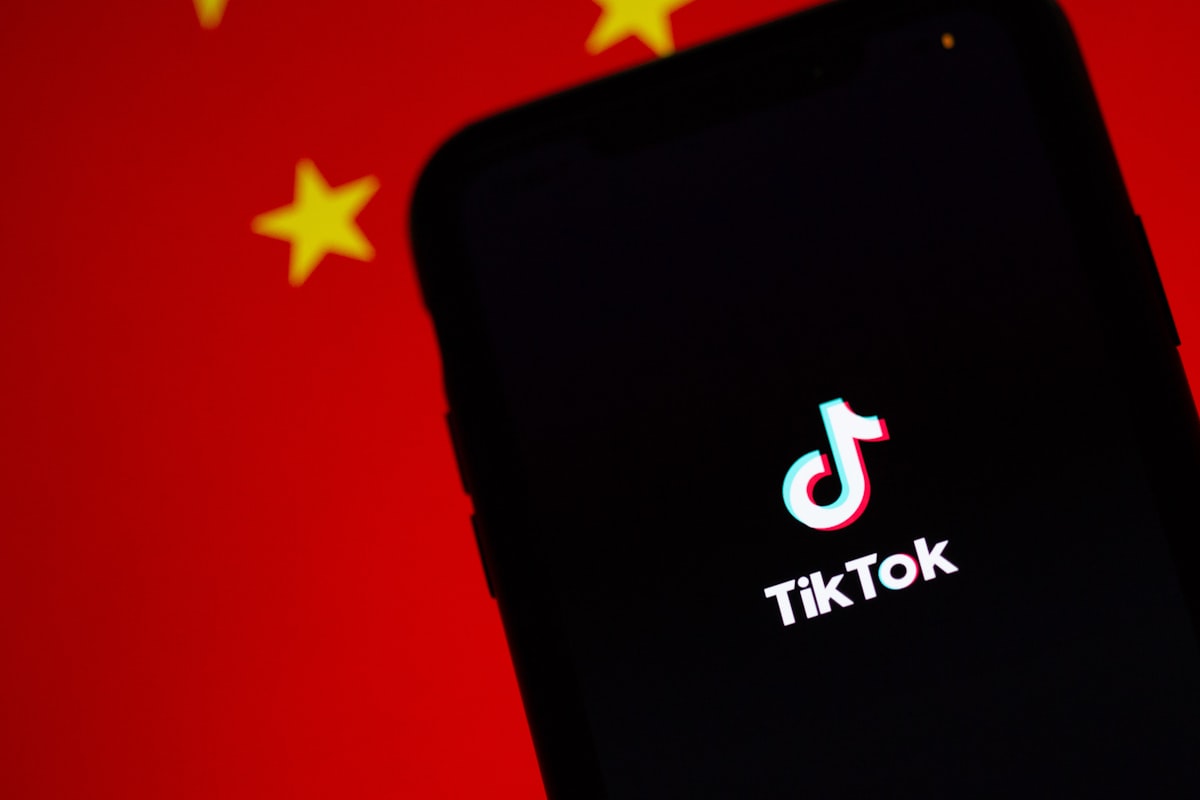Following renewed concerns about data security and influence from the Chinese Communist Party, American universities are moving to restrict the use of the popular social media app TikTok.
Last month, Auburn University in Alabama banned the use of TikTok on its Wi-Fi, and the University of Oklahoma shortly followed. This comes as the Chinese video-sharing service faces scrutiny over collecting private information, such as IP addresses, from users.
The Beijing-based firm ByteDance owns TikTok, which launched in 2016. It rakes in $34.3 billion annually through its 1.9 billion monthly active users and has skyrocketed in popularity recently to become a cultural cornerstone of Gen Z.
Recently, the app was found to have allowed its employees to access IP data from journalists to monitor their sources. Additionally, dismal content regulation has enabled pornography and violent content to permeate the site unchecked. A recent report demonstrated the presence of child pornography and abusive material on the app.
In addition to Auburn University and the University of Oklahoma, Boise State and the University System of Georgia, comprised of 26 universities, have followed suit in removing TikTok from student Wi-Fi access. The University of Florida also sent a directive advising students to stop using the app on campus.
Florida officials noted, “As the university considers additional future steps, we strongly recommend that everyone discontinue using TikTok and remove the app from their devices.”
Many states have also restricted the use of TikTok on government devices. Alabama Governor Kay Ivey was among the first to sign an order preventing the app's usage on state-affiliated resources, which extended to the state-funded Auburn University. Many of the other universities replicating this ban are also public institutions.
This is not the first time action has been taken against TikTok. Former President Trump signed an executive order in 2020 to sanction the app. President Biden reversed that order the following year. Privacy concerns have been ongoing for years, with geopolitical tensions between America and China worsening.
With the rate of depressed American teens nearly doubling from 2004 to 2019, according to the Substance Abuse and Mental Health Services Administration, TikTok's widespread use has generated concerns for worsened mental health. Republican Representative Mike Gallagher called the second-most used media platform among Gen Z “digital fentanyl.”
Restrictions against TikTok on college campuses will likely lead to less consumption, especially during classes and study time. Minimized distractions can improve student performance and shield young Americans from harmful content. Though students will assuredly find ways to get around the bans, the app's control on Gen Z is waning.

